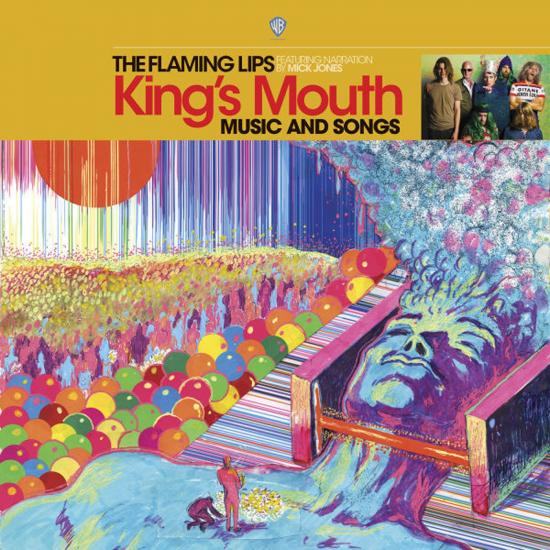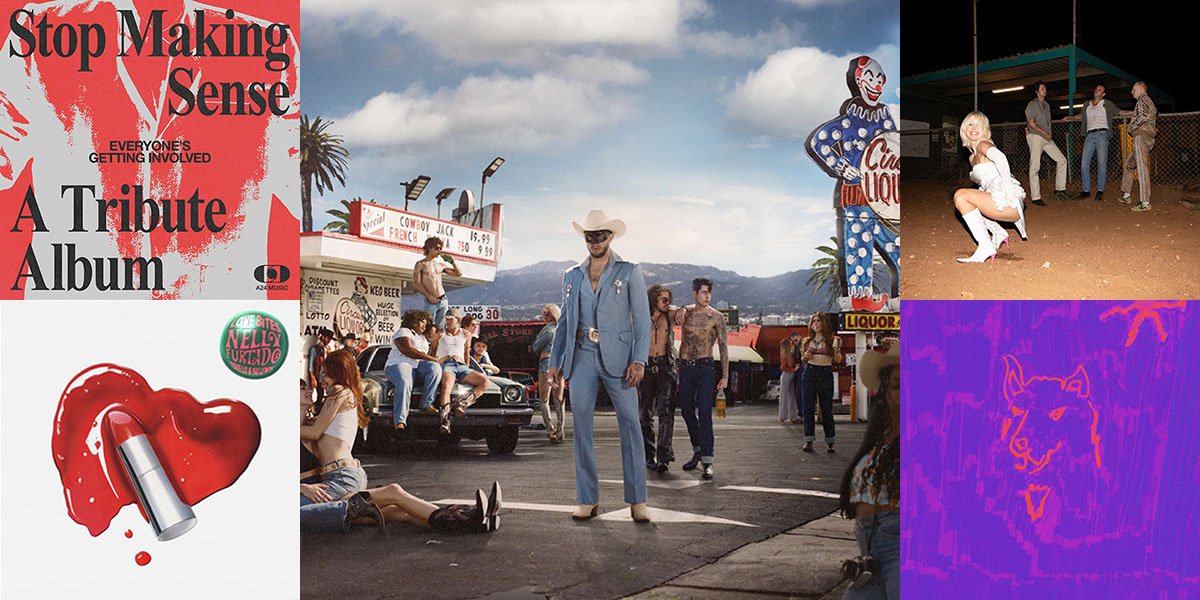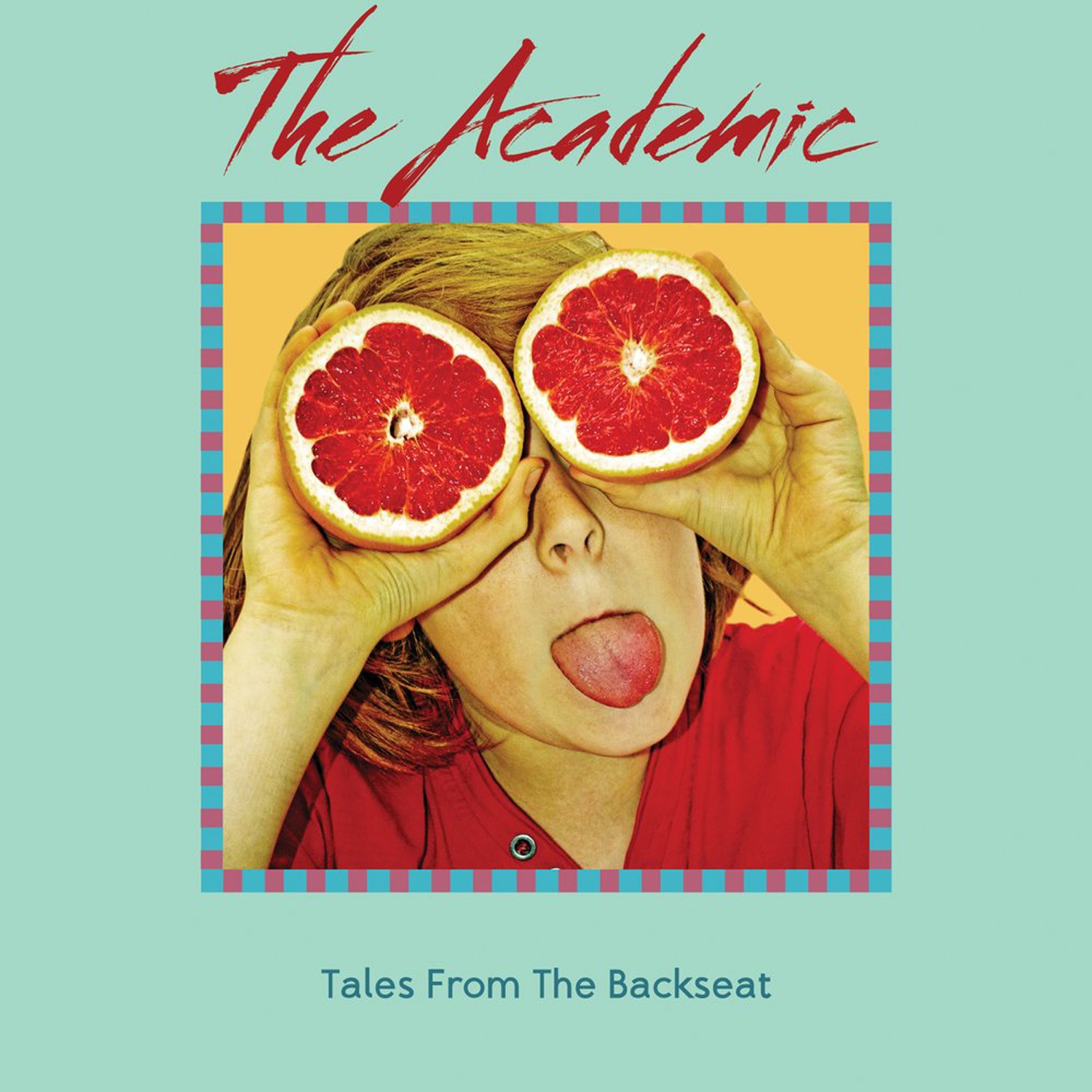
Album reviews: July 22, 2019
 Sasami – Sasami (Los Angeles)
Sasami – Sasami (Los Angeles)
While Sasami has been playing and teaching music for years, it's strange to look at this new album of hers as a debut. With this background however, her record is a smooth and polished effort that knows how to execute its emotions however low-key they might be. As the distortion overtakes the subdued grooves of "I Was a Window," you can feel the pain echoing out of Sasami's story more than her words can allow. There's a much more angular approach to "Morning Comes" touching on Cate Le Bon tones, while droning heavily enough to force the song into a weird kind of punk niche for listeners. Tracks like "Free" represent the album's emotional but quiet approach best, as its rich writing shines but can at times feel too hushed for its own good. However this kind of sombre feeling works better in the dread of "At Hollywood" where a kind of fading light leaves the track in an emotionally poignant place.
 CMOI – Three Little Words (Ottawa)
CMOI – Three Little Words (Ottawa)
Between the producer and the performer, even the mixed results can be interesting to hear. For CMOI's latest collection of tracks, the musician shows promise with a unique voice that stands above the production. For example "Pick Me Up" has some amazingly tight rhythms and bars throughout it, and it's only because of its more constant subdued dynamics that it takes so long to get stuck in your head. The vocal approach to "Be Your Man" hits even harder between all its backups and vicious verses, as its beats help create a sense of ebb and flow. If anything, the album's earlier moments only suffer for relying on its choruses for too long before opening up to much meatier verses. Strange instrumentals and details aside, there's something great here. This is why the fast and intense lines of "Family Day IV" work so well, as the song never seems to let up.
 Khalid – Free Spirit (El Paso, Texas)
Khalid – Free Spirit (El Paso, Texas)
Khalid has rested in a weird place for pop for the last little while, feeling richer than many of his Top 40 compatriots but rarely getting much further. Though his latest record is certainly a polished listen, he still meanders a little too much in familiar ground to really stand out as an individual. The textures are the most wondrous detail in "Bad Luck" as his story of fake actions seems to reflect a similar kind of warped energy. "Better" is certainly an infectious track to be sure, though ultimately feels a little lethargic in its delivery to the point of boredom. There's a little more flavour to "Don't Pretend" as its layers of harmony and flickering guitars liven up the downbeat grooves. John Mayer's guitars really flesh out "Outta My Head" to let loose a more lively and warm energy than much of the record offers.
 Newagehip – Waiting to Die (Ottawa)
Newagehip – Waiting to Die (Ottawa)
On the other side of the hip hop spectrum, newagehip are wonderfully experimental. "Grim Follows" brings out a demented sound, while still somehow bringing a kind of art-rock attitude to its trap base. This hits a genuinely intimidating feeling on "Hunger Pain" to the point that you feel like you might actually be grabbed through your speakers. newagehip are able to play with the texture of their filters brilliantly on "The Worst" while always somehow landing on a killer chorus hook. It's the aggression of "Waiting to Die" however that shows that even without the unique production, this act can blow you away.
 The Flaming Lips – King's Mouth: Music and Songs (Oklahoma City, Oklahoma)
The Flaming Lips – King's Mouth: Music and Songs (Oklahoma City, Oklahoma)
Like a mesh between their all-in-one records like Embryonic, and something with more pop, the lastest Flaming Lips record is one of their most interesting to hear in years. And with Mick Jones at times giving the album a Plastic Beach energy, The Lips really make an experience out of their music. "The Sparrow" tumbles between a Beatles-like ecstasy and a warped darkness, as the band creates a light and shade for their work to float between this time around. With parts symphonic sweeps and other parts sci-fi droning, "Mother Universe" is a simmering listen that shows the range of creativity the band is capable of. "How Many Times" leans into their pop sensibilities with a grin, as Wayne Coyne tries to plead with a friend to change their ways. Jones takes over on the second half of the record for a much more thematic listen, and gives a narrative glue to the often experimental drive of tracks like "All for the Life of the City."
Click here to listen









